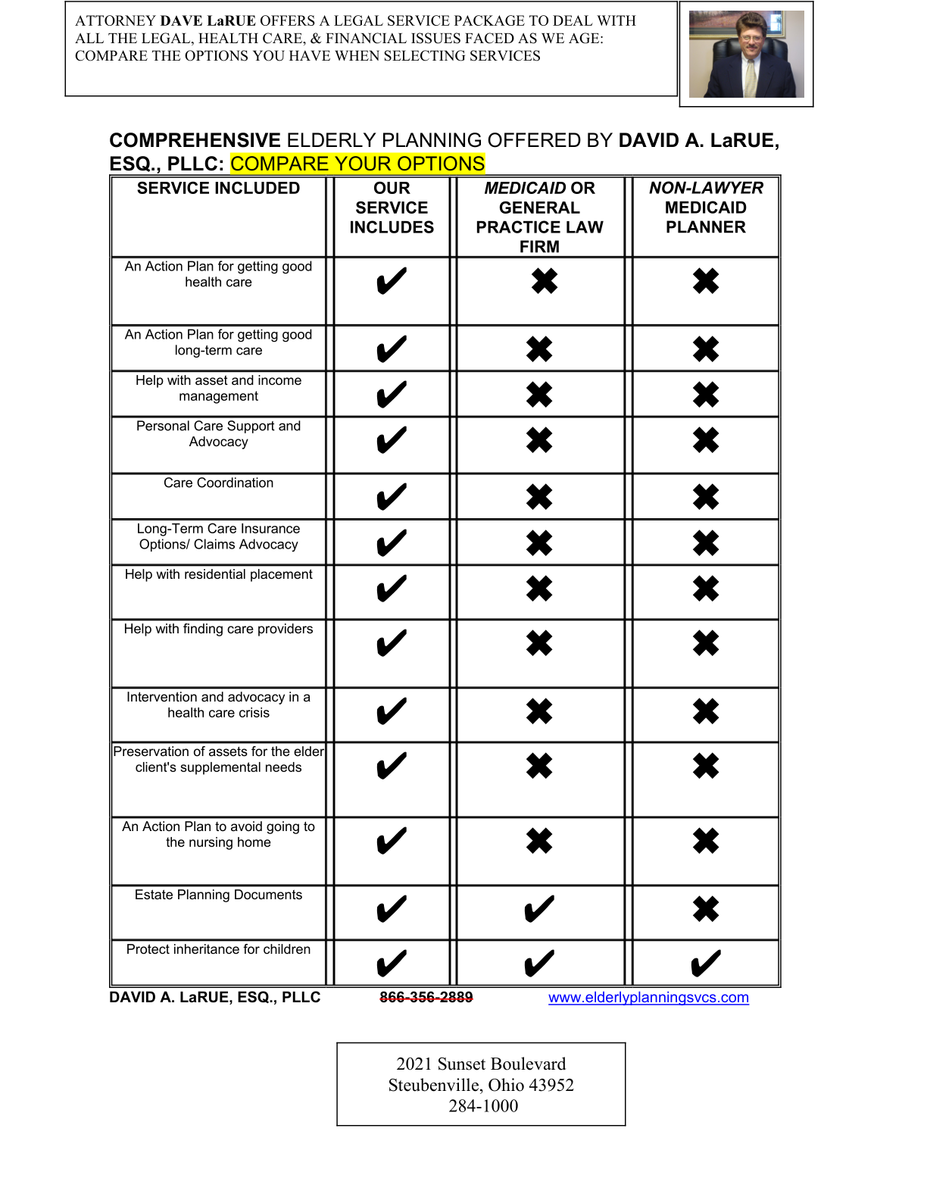
Welcome to a comprehensive guide on navigating the future through Life Care Planning ( LCP ). Life Care Planning is a pivotal aspect of preparing for the challenges and uncertainties that lie ahead, offering a roadmap for individuals to lead fulfilling lives despite any potential adversities. At the core of Life Care Planning is the collaboration between individuals, their families, healthcare professionals, and Life Care Planners, creating a structured framework customized to meet unique needs and goals.
Life Care Planning involves a multidisciplinary approach encompassing medical, vocational, financial, and psychosocial aspects to ensure a holistic and personalized Life Care Plan. By blending the expertise of healthcare professionals, including Medical Expert Witnesses, with the insights of Life Care Planners, individuals can proactively address future healthcare needs, optimize quality of life, and anticipate potential challenges effectively. The resulting Life Care Plan serves as a guiding beacon, offering a blueprint for individuals to navigate life's journey with confidence and resilience.
The Importance of Life Care Planning
Life Care Planning is a crucial process that provides individuals with a roadmap for their future healthcare and overall well-being. It involves a comprehensive assessment by a Life Care Planner who collaborates with medical experts to develop a personalized Life Care Plan.
Having a Life Care Plan in place ensures that individuals receive the necessary care, support, and resources tailored to their specific needs. It serves as a valuable tool in addressing various medical, vocational, and psychological aspects, ultimately enhancing the quality of life for those undergoing life-changing circumstances.
Moreover, Life Care Planning plays a vital role in legal proceedings, as Life Care Plans can be utilized as evidence by Medical Expert Witnesses in court cases. These plans offer a detailed analysis of the individual's current and future medical needs, serving as a valuable resource for attaining fair compensation and ensuring proper care and support.
Roles of a Life Care Planner
Life Care Planners play a crucial role in assessing the future needs of individuals who have experienced catastrophic injuries or chronic health conditions. They closely collaborate with medical experts and specialists to develop comprehensive Life Care Plans that outline the necessary medical treatments, therapies, and support services required for optimal recovery and quality of life.
As a trusted resource, a Life Care Planner acts as a bridge between the injured individual, their family, attorneys, and healthcare providers. They meticulously evaluate the current and anticipated medical needs of the individual, considering factors such as ongoing care, rehabilitation, assistive devices, and modifications to living arrangements to ensure a holistic approach to long-term care.
In addition to their expertise in medical and healthcare aspects, Life Care Planners also provide invaluable assistance in legal settings as Medical Expert Witnesses. By offering professional opinions and testimony based on their specialized knowledge, they help legal professionals and decision-makers understand the intricacies of a Life Care Plan and its significance in determining the appropriate compensation for the injured individual's future care needs.
Benefits of a Comprehensive Life Care Plan
A comprehensive Life Care Plan offers invaluable guidance and support for individuals facing challenging health conditions or disabilities. It provides a roadmap for managing medical care, rehabilitation services, and daily living needs, ensuring a holistic approach to their well-being.
By working closely with a skilled Life Care Planner, individuals can benefit from tailored recommendations and strategies that address their unique circumstances. This personalized approach helps to enhance quality of life, optimize medical outcomes, and promote independence by identifying and coordinating the necessary resources and services.
Moreover, a well-crafted Life Care Plan can also serve as a crucial tool in legal proceedings. When prepared by a qualified Medical Expert Witness, the plan can provide expert testimony and evidence to support claims related to injury, disability, or medical negligence, aiding in the pursuit of rightful compensation and ensuring adequate care and support for the individual's future needs.
